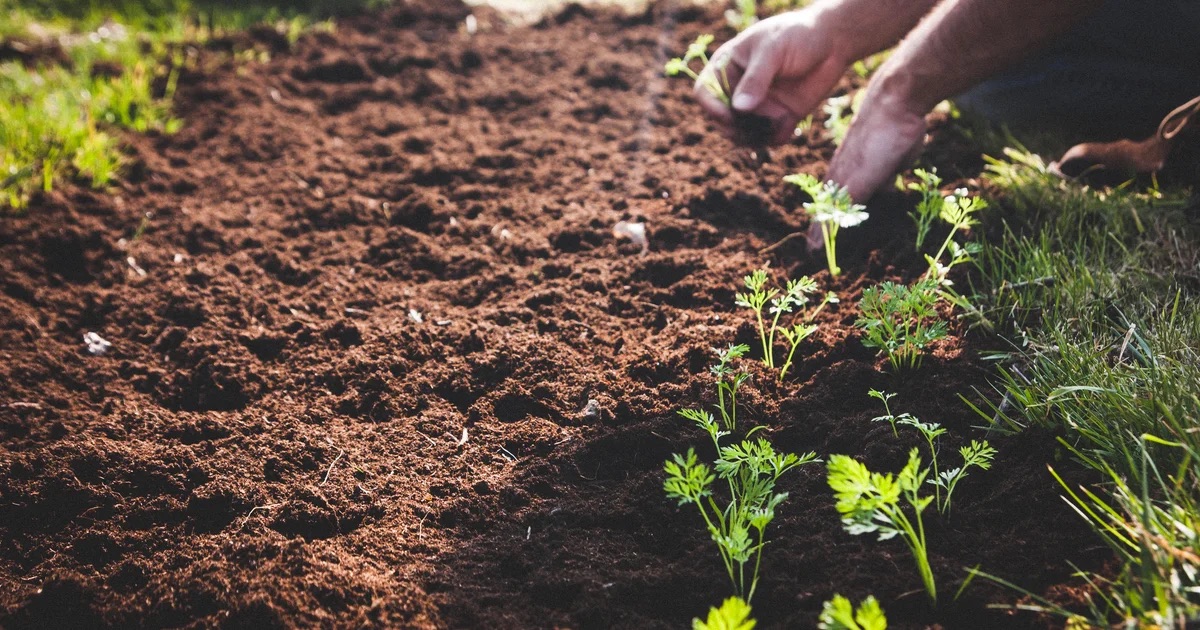
Soil health is key to a thriving garden, especially in Minnesota where many areas have dense clay or sandy soil. Start with a soil test from your local extension office or a home testing kit to determine pH and nutrient levels. Most garden plants prefer slightly acidic to neutral soil (pH 6.0 to 7.0).
To improve clay soil, incorporate organic matter like compost, aged manure, peat moss, or leaf mold. These amendments increase aeration, drainage, and microbial activity. Avoid working wet clay soil, as it compacts easily. In sandy areas, compost helps retain moisture and nutrients. Raised beds can be a practical solution to manage poor native soil, providing better control over drainage, soil structure, and fertility.
